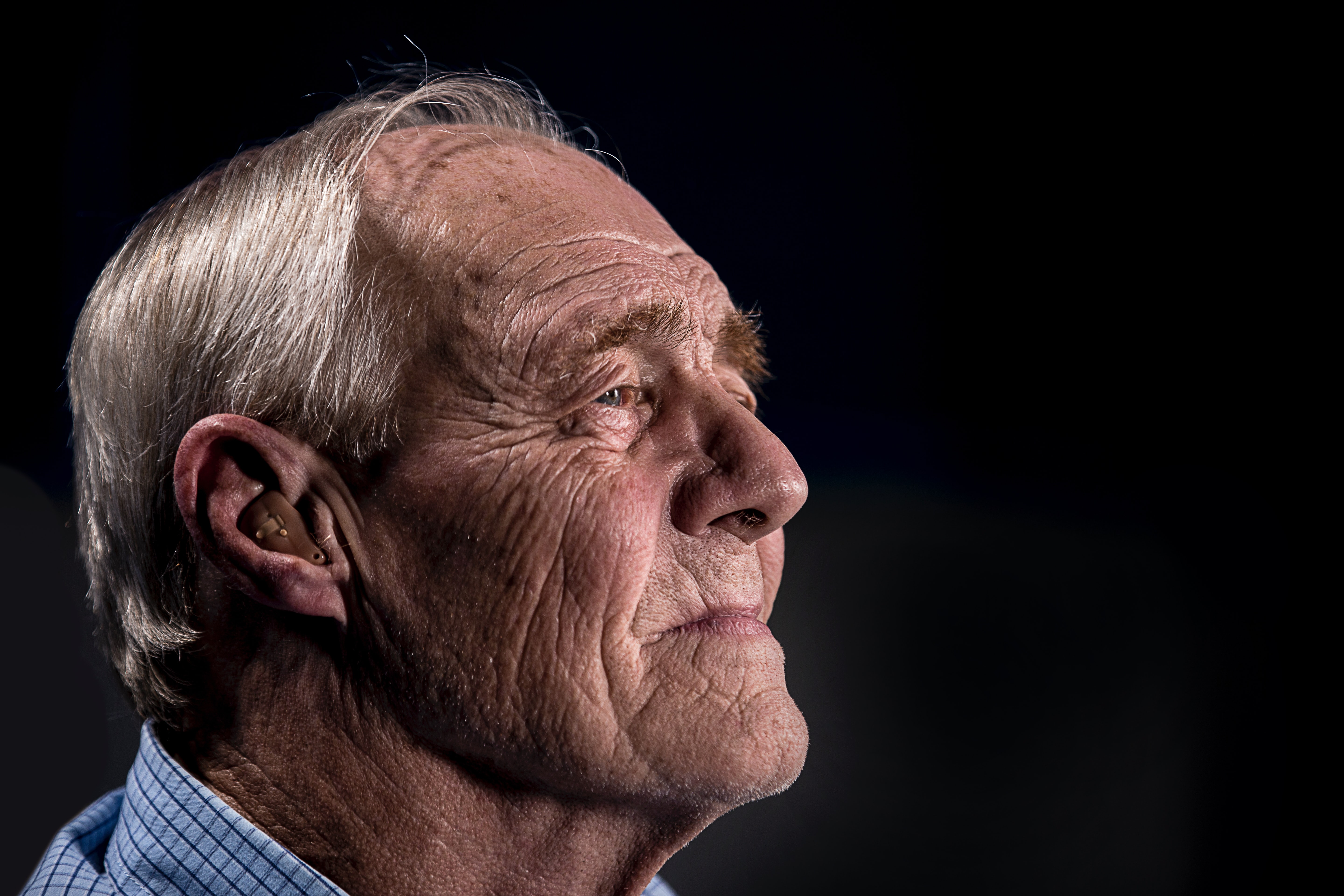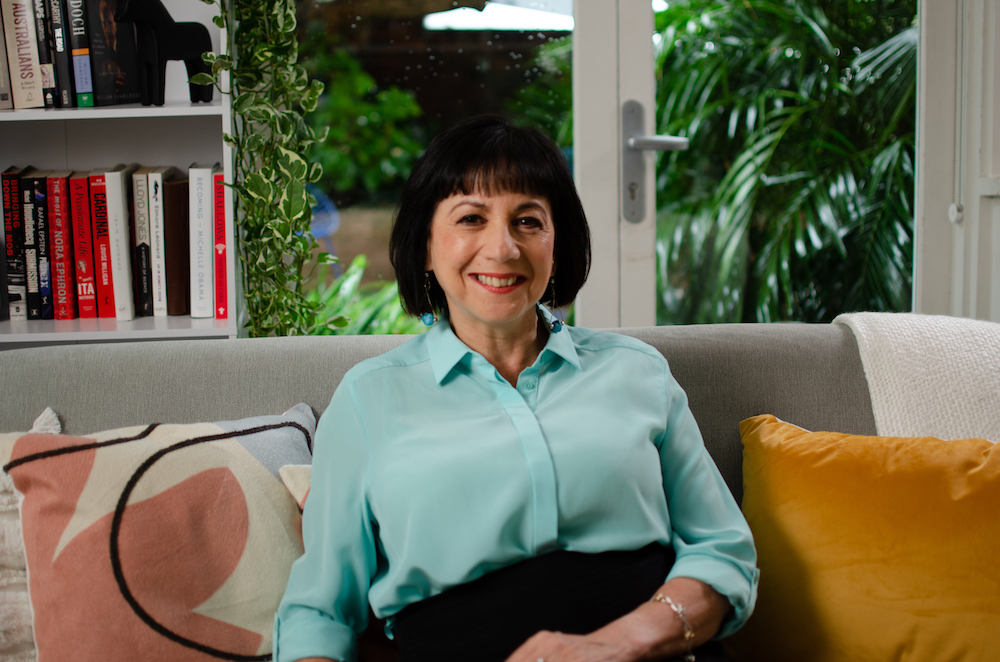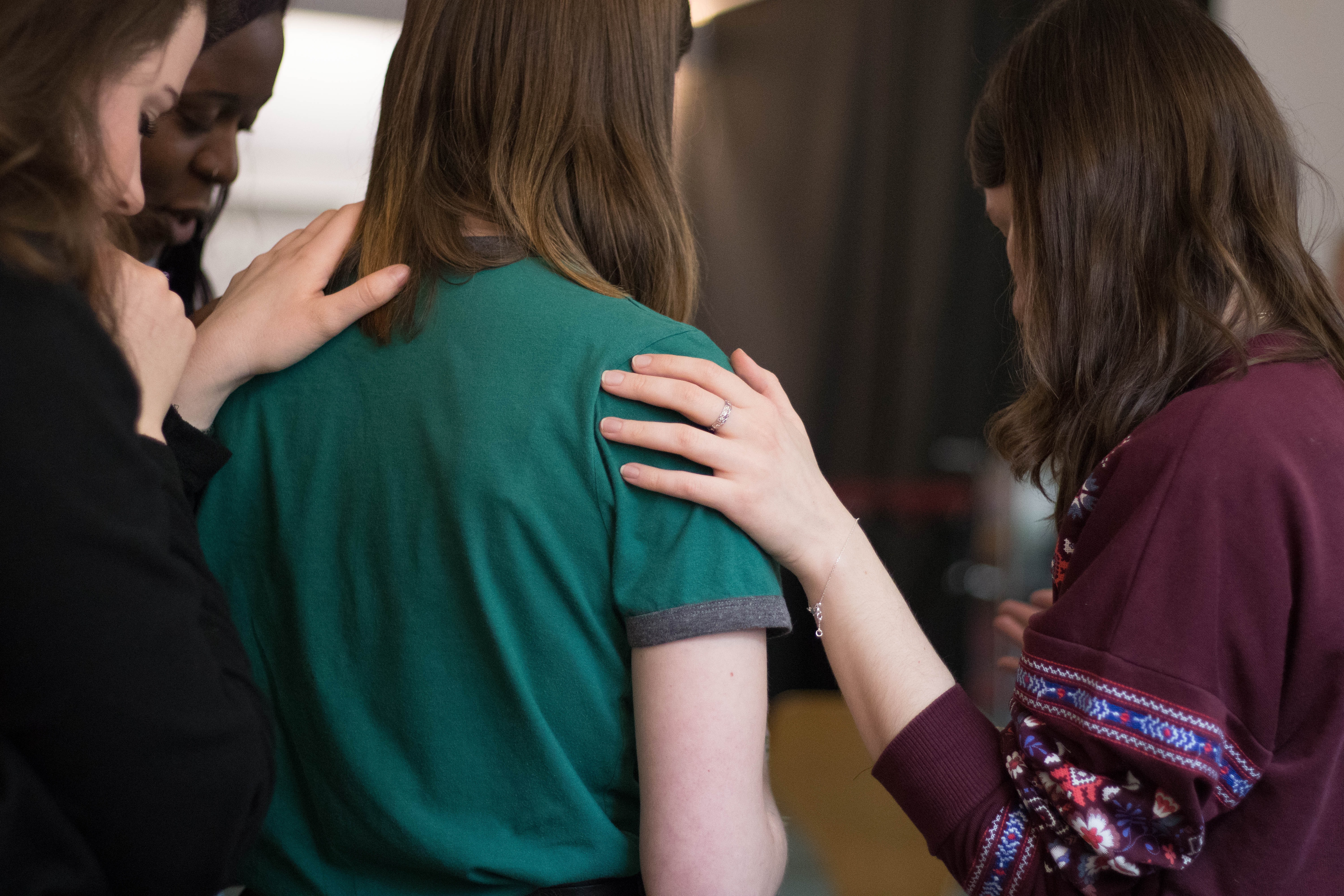Grief can be felt and expressed in so many ways – It can overwhelm us and try to take up every bit of brain space; creep up when we think we are managing perfectly well; make us feel, sound, and act angry; cause us to withdraw from our everyday life and routine; provoke us to drink and party too much or try to sleep the day away.
Grief is unpredictable and no two people or grieving processes are the same.
Even twins grieving the loss of a parent may respond differently to the loss.
Why we grieve
Grief is our response to the loss of something meaningful.
We have a unique relationship with each thing in our world and attach importance to these things in our own way.
What is seen by one person as the most significant possible loss, may seem much more trivial to another. It is impossible to accurately rank the importance or meaning of things in our lives, although there are some givens.
For example, it is unnatural for a parent to bury their child, and that loss is unfathomable. On the other hand, an aged parent may be most beloved, yet the knowledge that it is inevitable that age will take a person’s life, tempers the grief.
That doesn’t mean that the loss won’t hurt, that the suffering won’t be intense. But it can be borne as a rule because it is the nature of things that one day our parents will die.
And that differential continues. The closeness of the relationship, the naturalness of the loss (a pet is not going to live as long as us, for instance), the expectedness of the death, and the drama surrounding it all contribute to how grief is experienced and expressed.
Then there is the other factor; the personality changes experienced by those left behind after the death of a loved one.
The impact of grief on our personality
The journey of grief can affect one’s motivation to do simple day to day things like getting up and brushing your teeth.
Often things we love doing such as entertaining or going out with friends and playing sport are thought of as extensions of our personality, though when someone close dies, these pleasures are often no longer regarded as enjoyable. This affects our persona and outlook on life for some time.
For some, the grieving process seems to intensify their normal behaviour.
An extrovert might party more, want their friends around them all the time, and want to be distracted from their grief or cry with their friends. A more introverted person may prefer to withdraw and not want to talk to even their closest friends and family. They may stay in bed or at home, rather than engage with others.
Grief is like that. And we all need to grieve in our own way.
It’s important we give ourselves the time and space to sit with our feelings, respond to them and the sudden personality changes, and survive the pain while making a new relationship with our loved ones whom we now carry in our heart, so that we can re-integrate into a new life and world without them.
Adjusting to a new normal
When a loved one dies, there is often a new ‘normal’ which can make you feel nervous, as change is often resisted by most grievers until becoming comfortable with the change.
If you are supporting someone experiencing grief and loss, consider them as individuals and check in with them about the sort of help they would like, so they can work towards moving forward healthily.
For instance, touch base regularly but don’t try to stop their tears. Allow them to talk about their loved one – not just the circumstances of the loss but the whole person and the whole connection, good and bad. Advise them to allow time to feel the pain rather than perhaps turning to alcohol or pills. Be there if they need your companionship, give them space if that’s what they’d prefer, but not indefinitely.
The thing with grief is that it is inevitable, vital, and eventually dissipates. Grieving is not about letting go; it’s about making a new connection with the loved one, which takes time and mindfulness.
The information on this website is for general information only and are not (and nor are they intended to be) a substitute for professional medical or mental health advice, nor is it used for diagnosis and treatment. You, or anyone you are concerned about, are encouraged to seek professional medical or mental health advice and treatment from suitably qualified medical and clinical practitioners and providers.
Our full terms and conditions are available here
If you are in crisis or think you may have an emergency, immediately call Emergency 000. If you're having thoughts of self-harm or harm to others call Lifeline on 13 11 23 to talk to a skilled, trained counsellor. If you are located outside Australia, contact your local emergency line directly.






